
The news media industry is often focused on the people in the spotlight, but the contributions of those behind the scenes are truly immeasurable. In newsrooms across the country, editors carry heavy responsibilities. They lead the newsroom, determine what stories should be told and challenge assertions with unwavering commitment to the public’s interest. Their insight, experience and leadership are indispensable and elevate journalism to new heights. Despite not being as celebrated as bylined reporters or columnists, their invaluable contributions cannot be overlooked.
Through 2010, Editor & Publisher saluted an “Editor of the Year.” Beginning in 2022, we decided to celebrate the editors’ contributions to news media once again, and we’ve found many are deserving. We hope you enjoy meeting this exemplary group of E&P’s 2024 Editors Extraordinaire.
(Alphabetically, by last name)
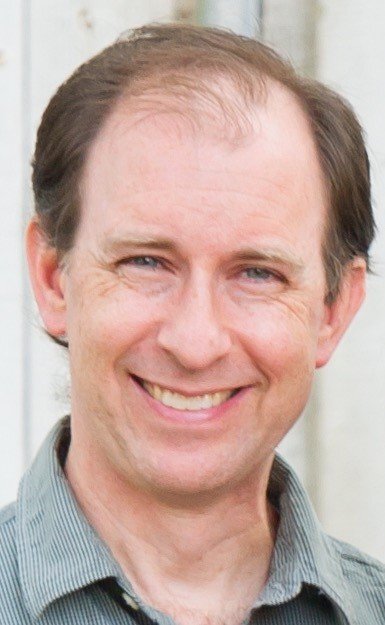
John Anastasi
Editor-in-Chief, Bucks County Herald, Doylestown, Pennsylvania
Education: Bachelor of Arts, English (with print journalism minor), Millersville University of Pennsylvania
Number of years in news media: 26
What advice do you have for professionals aspiring to become an editor extraordinaire?
I always tell young professionals in the journalism field to hone their craft by reading newspapers, magazines and other publications. Learn from what those writers, editors, photographers and designers are doing right (and wrong). Find a mentor. The good ones will impart the wisdom that comes from experience and their passion for the work. There’s nothing like attending a good conference to spark creativity and enthusiasm through dynamic presentations and the camaraderie that develops between professionals who ply the same trade. Be curious. Ask questions. Be an open-minded listener. Respond to emails. Take phone calls. Keep showing up.
What are some important lessons you have learned from your audience?
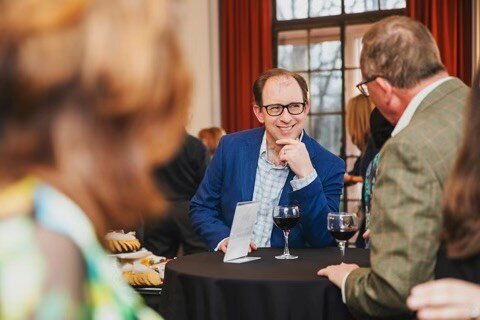
I’ve been in this role for about 14 months. When I arrived, I put gathering audience feedback at the top of my to-do list. The publisher had set up a series of a dozen “Coffee with the Editor” sit-downs with small groups of key stakeholders, which were phenomenal. But I also wanted to get feedback from our newspaper’s broader audience. We devoted a half-page of the print product to a readership survey in two consecutive editions. We had an identical online survey as well. Hundreds of readers filled it out. For ongoing accountability, we also convened a politically, socially and economically diverse reader advisory panel that meets monthly to discuss how the newspaper is doing. Here’s what I’ve learned from the feedback that’s come to me through these various avenues: People appreciate the publication. They appreciate it even more when they feel their opinion matters and that, by giving it, they’re helping to make us better. Even in an era of digital publication and nonstop social media commentary, there’s a strong segment of our audience for which the print publication will always be the most trusted, valued and even beloved way of learning about the world around them.

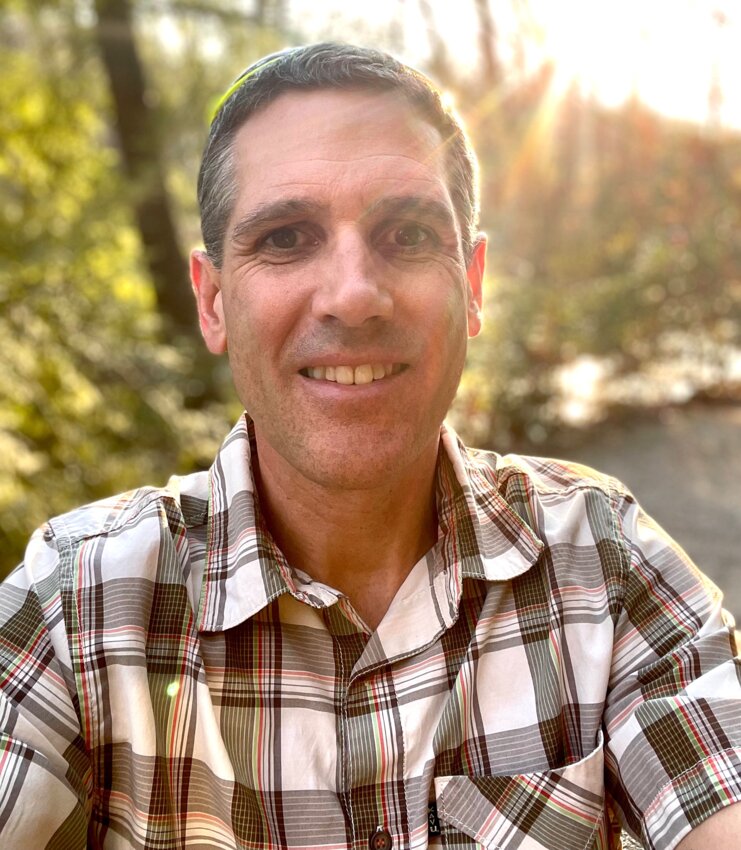
Matt Baldwin
Regional Editor, Hagadone Media Montana, Kalispell, Montana
Education: Bachelor of Arts, Journalism, University of Montana
Number of years in news media: 20 years
What advice do you have for other professionals aspiring to become an editor extraordinaire?
Community journalism is the heartbeat of the industry. Don’t overlook small-town newsrooms’ vital role in fostering an informed community while protecting democracy at the most local level. Town council coverage and human-interest profiles are almost always more important to a community than the latest scuttlebutt from Capitol Hill. Take pride in telling the stories that matter to your neighbors.
What has been your proudest moment as an editor?
Seeing a newspaper clipping on a neighbor’s fridge or walking into the local coffee shop and watching people pore over the latest print edition never gets old. That being said, the opportunity to shepherd the newspaper industry into the digital age has been gratifying. Reels, live-streaming and podcasts have opened an entirely new opportunity to connect with readers. Today’s editors are setting the stage for the next generation of journalists to continue telling stories that make a difference — no matter the medium.
“Matt’s composed demeanor and strategic focus on community news and innovation position him as an exemplary leader as he oversees our regional newsrooms in Northwest Montana. We are privileged to have him as part of our team, contributing to our organization's service and growth.” — Anton Kaufer, regional publisher, Hagadone Media Montana


Josh Barker
Digital Editor, New York Amsterdam News, New York
Education: Bachelor of Arts, Communications and Print Media, Alabama State University
Number of years in news media: 18
What advice do you have for other professionals aspiring to become an editor extraordinaire?
Learn all the skills you can to become an all-around media professional, including shooting and editing video, graphic design, photography, writing and editing, web design/building, SEO and social media.
What do you see as the most important trend in editorial content today?
Diversity. We must tell positive stories about people and issues happening in communities that are often ignored.

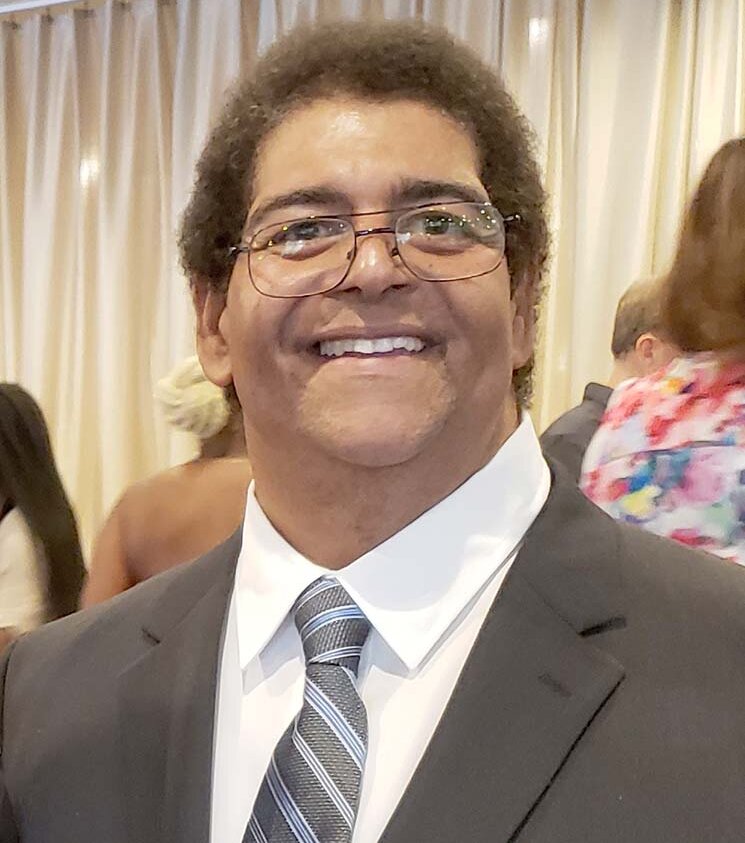
Paul Bennett
Editor/Publisher, Spirit Media Group, Inc., Glenolden, Pennsylvania and publisher of the SPIRIT weekly newspaper
Education: Bachelor of Science, Journalism, Temple University
Number of years in news media: 52 years
What advice do you have for other professionals aspiring to become an editor extraordinaire?
Lay a foundation for yourself by learning about as many things as your attention span will permit; gain practical experience by honing skills as a reporter first so you can relate to that position as an editor. Being a great editor requires a combination of tools you can rely upon. Good editors are teachers/coaches, mentors and moral and professional role models with empathy who stress truth, balance and accuracy as the cornerstones of any journalistic position. We are also navigators to help guide reporters through stories by asking the questions for which they need the answers to inform their readers better.
A good editor also knows his/her community and audience and puts their need for quality information first. Journalists have been long considered by the unappreciative as “living in our own silos” and being “arrogant.” But a good editor is someone you want to know and trust. Having a good editor as an associate is akin to Linus having his security blanket.
What was something you’ve published that truly surprised you with how your audience received it?
[I’m surprised] with every weekly edition of The SPIRIT since its founding in 2008 and, before that, with all of my work at other outlets. I’m always humbled when my work is noticed and appreciated.

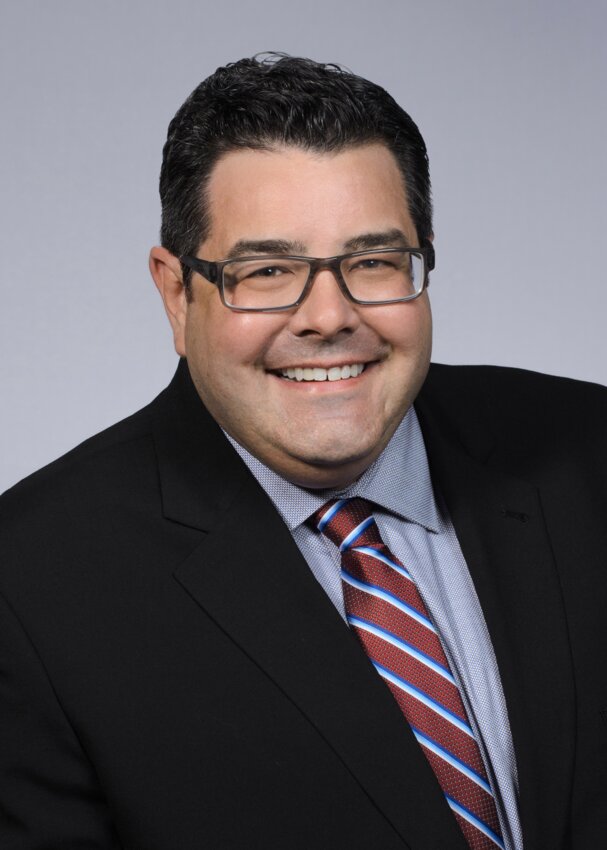
Chris Coates
Executive Editor, The Richmond Times-Dispatch
Senior Director, Local News, Lee Enterprises
Education:
Bachelor of arts, Broadcast Journalism, Columbia College, Chicago
Number of years in news media: 20
What advice do you have for other professionals aspiring to become an editor extraordinaire?
Treat this job like the beautiful gift it is. Telling your community’s stories is an absolute honor. There’s something new every day — hard to beat that. Think about impact and frame stories around people. Over the years, I’ve been extremely fortunate to work with talented and passionate journalists. The very best of them constantly figure out ways to tell important stories through the lens of how an issue affects people. We see repeatedly that having those voices and putting our reporting in context resonates and elevates our storytelling.
Remember the reader. Ask for their thoughts. Think about how to present the news in ways that engage them — through alternative stories, videos and all the tools at our disposal. The news keeps moving and so should our evolution. Don’t settle for the ordinary. Set the bar higher.
What is the most important lesson you’ve learned by covering government officials?
Public documents and correspondence can tell a powerful story about government events. A well-placed FOIA request can unlock all sorts of important information the public deserves to know. It’s our job to hold those officials accountable.

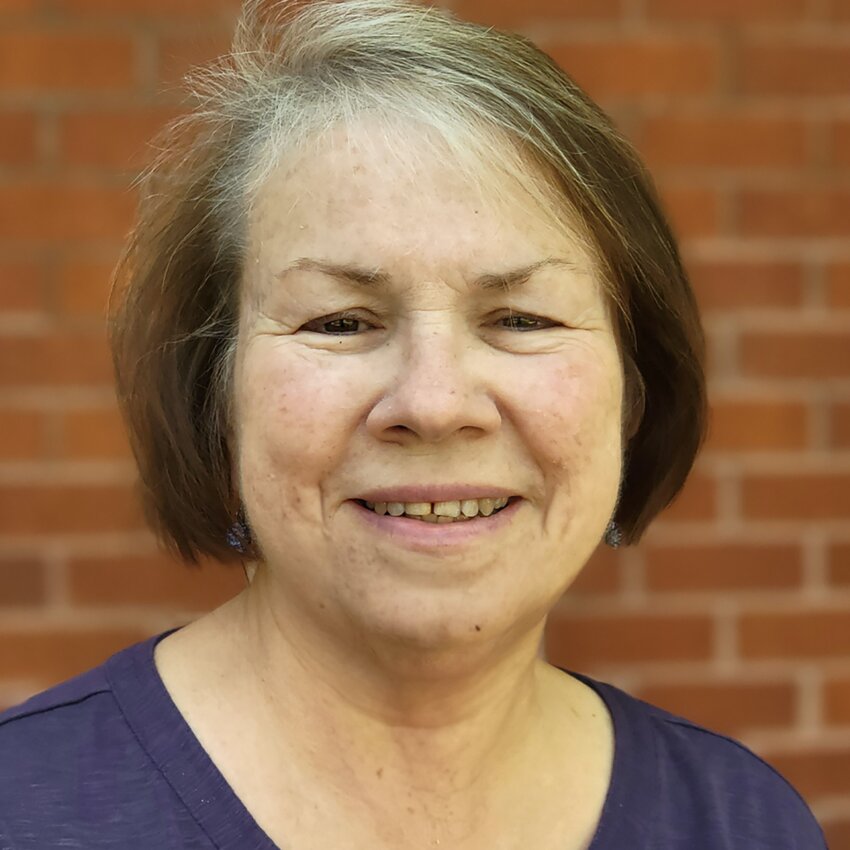
Carol McAlice Currie
Director of Features, NERUS Strategies, Salem, Oregon
Education: Bachelor of Arts, Journalism (minor in Public Relations), California Station University at Long Beach
Number of years in news media: 39
What advice do you have for other professionals aspiring to become an editor extraordinaire?
Can I say, “Run as far away as possible?” Seriously, my advice for young people is don’t dismiss the old folks. Many of us started in high school journalism, went to community college where we served on student papers and finished college working on the student newspaper. In my case, it was a five-day daily that had competition from an arts daily. We cut our teeth as copy clerks in professional newsrooms that didn’t even have ladies’ rooms. We had to go to the food section to pee. And we pulled wire from the AP and Reuters in presidential assassination attempts, wars, and planes flying into skyscrapers in New York City. We have lived by stylebooks and dictionaries and know the smell of hot wax well. But we’re eager to share that experience and knack for making articles clear, correct and concise with today's media whiz kids in return for them sharing their experiences, making copy comprehendible to today’s market with us. I love learning and will never give up, even during these days when you’re not ridiculed for ending a sentence with a preposition. We can all learn from each other.
What is in your editorial toolbox?
The AP Stylebook, the Merriam-Webster Dictionary, Strunk and White’s “The Elements of Style” (most recent edition), Adobe Premiere Pro and Final Cut Pro.


Lizi Arbogast Gwin
Managing Editor, Tallapoosa Publishers, Alexander City, Alabama
Education: Bachelor of Arts, Mass Communication, Virginia Commonwealth University
Number of years in news media: 13
What advice do you have for other professionals aspiring to become an editor extraordinaire?
Be unapologetically you. If there’s one thing I’ve learned as an editor, it’s how to stand up for myself and my staff and how to defend any decisions we make. Whether it’s something simple, like who to put on an all-star team, or something more controversial like a hot-button opinion piece, my staff and I have very open communication about our decisions. With that, we have confidence in ourselves and know we are doing what is right for our readers and community. If you believe in yourself and your staff, your readers will have no choice but to do the same.
How do you motivate yourself and your staff during difficult times?
Our staff suffered a lot over the past year. We are coming up on the one-year mark since a mass shooting in our coverage area, and it was unfortunately followed by many deaths of young people in our communities. Mental health has always been important to me, and I like ensuring my staff knows that. Although it’s important to push out the news accurately, fairly and with integrity, it's also essential to take care of ourselves, not just as journalists but as people. I try to remind them what a great job they are doing when covering difficult subject matter and how important it is for the community and the loved ones of those lost. Working with my staff for the past year has been a true blessing.

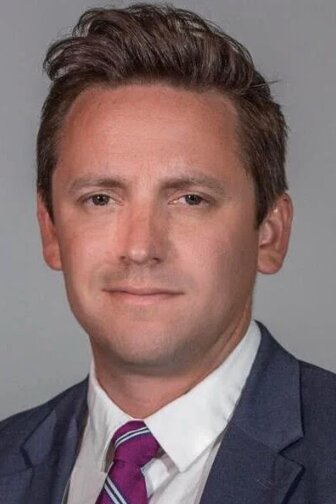
Reynolds Hutchins
Editor, The Daily Progress, Charlottesville, Virginia
Education: Bachelor of Arts, English and Political Science, Wake Forest University
Number of years in news media: 14 years
What advice do you have for other professionals aspiring to become an editor extraordinaire?
Remember that everything we do is for the reader. We must always listen intently to their concerns, questions, feedback and input. We must be willing to turn on a dime to meet their demands: whether that’s the breadth and focus of our coverage, the style of our writing or the cadence of our production. Some journalists are so fixated on their service to the fourth estate, to public service — a noble cause — that they forget that a story that goes unread is barely worth writing. An “editor extraordinaire” realizes this, realizes that the power of a story is in its reach and realizes a story must be interesting, profound, quirky or some combination of the three. It is not our job to make the reader eat his vegetables, so to speak, but it is our job to make sure he is fed; if we can sneak the vegetables in with his dessert, all the better.
How do you keep your cool during difficult times or when dealing with stressful people or situations?
It’s an ancient saying but a true and honest thought, “News is only the first rough draft of history.” No story is ever actually complete. No story is ever really as timely as it could have been. No story will ever make everyone happy. Journalists are storytellers. We relay as much pertinent information as we can to as many people as we can as quickly as we can in a manner that is as engaging as possible. We are not all-knowing. We will never be everything to everyone. This humble realization allows us to shake off the impossibly heavy burden of perfection — the enemy of the good. What we missed today, we pick up tomorrow. Where we erred, we correct course. When we miss an opportunity, we find another. Tomorrow is another day.

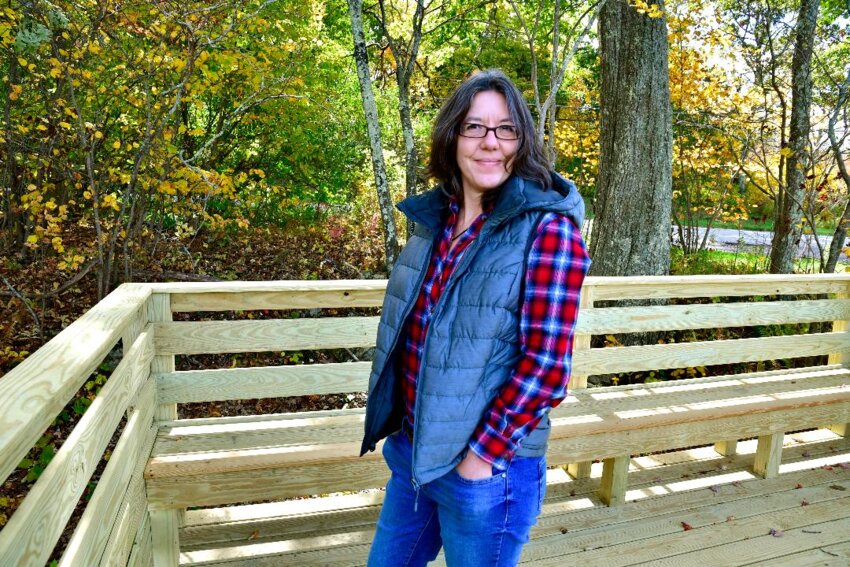
Anne Karolyi
Managing Editor, American-Republican, Inc., Waterbury, Connecticut (The Republican-American Sunday Republican and rep-am.com)
Education: Bachelor of Arts, Journalism (minor in Sociology), Penn State University
Number of years in news media: 34 years
What advice do you have for other professionals aspiring to become an editor extraordinaire?
Up-and-coming editors hold significant influence for the future, but they must root themselves in this principle: Readers come first. Work for readers, not staff or sources. Anticipate their questions; think of readers in the details and big picture, especially when they don’t realize what needs to be uncovered or told. Be creative in ways to tell stories, across platforms and formats.
Realize your talents and knowledge matter, but your power stems from your team. Push them, coach them, support them, ask for ideas and opinions, let them grow and explore their talents and interests in ways that benefit them whenever you can. If you do, readers will benefit, too.
Talk to readers, return their phone calls, get out in the community and engage in different ways to gain feedback and connect. Tell your advertising and circulation departments about your good work so they can sell and market the news. Remind people why your newsroom’s journalism matters.
Through it all, maintain a life outside the newsroom, even if your staff can’t believe that’s true.
What do you look for when hiring a journalist for your team?
I look for curiosity, grit, love of story, willingness to ask the next question and appreciation of teamwork. The ability to write well would be wonderful; the ability to report deeply, honestly, ethically and accurately is most important. Reporters these days must not only carry a notebook but a phone or other camera. Images, sound and video must be part of their thought process and playbook. Most importantly, they must be compelled to find the stories and news that matter and hold interest, weight and impact for our readers.

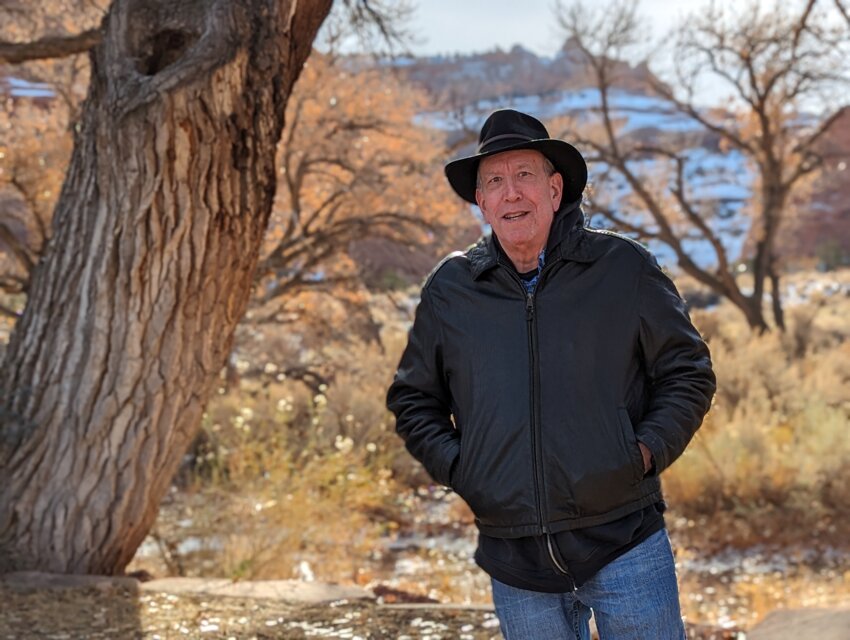
Keith Kohn
Editor, Elko Daily Free Press, Elko, Nevada (Lee Enterprises)
Education: Associate of Arts, Mass Communication, Miami-Dade Community College; Bachelor of Arts, Mass Communication, University of South Florida
Number of years in news media: 44
What advice do you have for other professionals aspiring to become an editor extraordinaire?
Trust your reporters since they’re your eyes and ears within their area of expertise and their beat. Also, get out of the office. Meet people in your community. Join business and civic groups (not political groups!) and attend meetings. When doing actual editing, try as hard as you can to keep your writer’s voice in the story. Don’t rewrite everything to sound like a breaking AP report. Tell stories — those that are important and those of lesser importance. Don’t let the paper/site/publication take itself too seriously. We’ve all been humbled in recent years by metrics and subscriptions. There may just be a reason for that, and perhaps it is because we’re not telling the stories our readers are actually interested in.
What is the most unique or exciting breaking news story you’ve covered with your team?
When I was in Victoria, Texas, it stemmed from a call I received from the mother of a baseball player on a local high school team who, she claimed, had been sexually assaulted by teammates on a bus heading back from a game. The school and authorities had pretty much looked the other way, deeming it “hazing.” We got records, comments and other confirmations and produced a number of stories and editorials about this incident and its aftermath. Four players await trial in the case.
Here in Elko, Nevada, a train derailment near the downtown area shut down the east-west rail line and damaged tracks. Commercial and passenger service was suspended during repairs. We’re still waiting for NTSB reports on the cause. Thankfully, no one was injured. We’re also working on a story out of the school district about policies related to students who die or take their own lives during the school year and how the schools and students can and will be allowed to memorialize them. This, too, is ongoing.

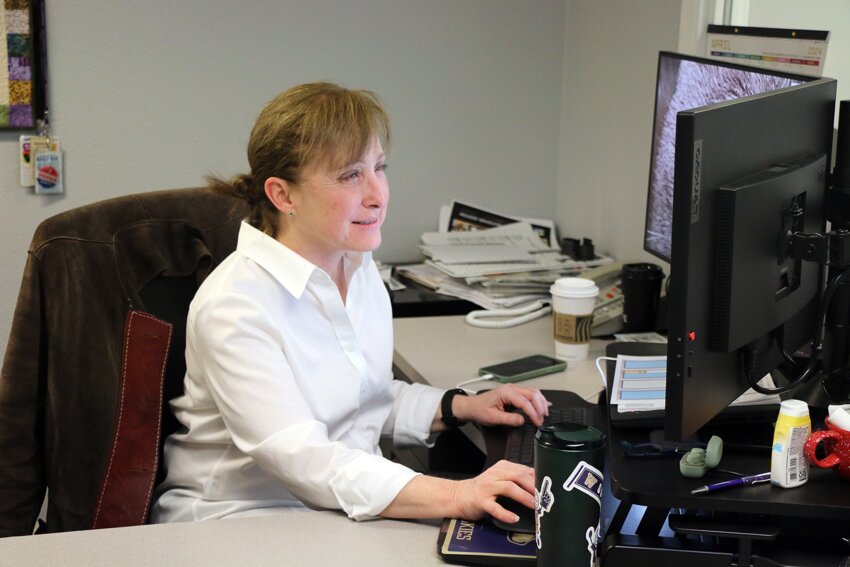
Caroline Lobsinger
Managing Editor, Bonner County Daily Bee, Sandpoint, Idaho
Education: Bachelor of Arts, Editorial Journalism and Political Science, University of Washington
Number of years in news media: 38
What advice do you have for other professionals aspiring to become an editor extraordinaire?
Be curious, work hard and embrace joy — after all, we get to take pictures and tell stories for a living, connecting our communities with critical information, their world and each other.
Go beyond what you think a story is, diving into not just the whats but the whys and hows of what it means and how it impacts readers. Tell the readers (or listeners/viewers) not just the stories they want to read but the ones they need to know — the stories they want to know and the stories they need to know but don't want to hear about.
Remember to celebrate the people of your communities, from the fourth-grader selling cookies to raise money for the local animal shelter to a centenarian blowing out the candles on their cake.
Remember that journalism is a team sport. Help others grow and learn, and let them help you grow and learn.
What are some important lessons you have learned from your audience?
Tell all sides of a story and all voices in the community.
Remember that while your boss may sign your paycheck, the community is your boss. Be open to what they have to say and suggestions. Be grateful when people call up angry or upset, whether it’s because they didn’t like a story, their letter hasn’t run yet or they are unhappy with the state of the world. It shows they care. Take time to listen to what they have to say. You’ll both be better off afterward.
Reach out to readers where they are — whether in print, online, on a podcast or on social media. Embrace technology and always be on the lookout for new ways to tell stories — audio, video and the next thing that’s on the horizon. Find where people are, go there, meet them and engage with them.

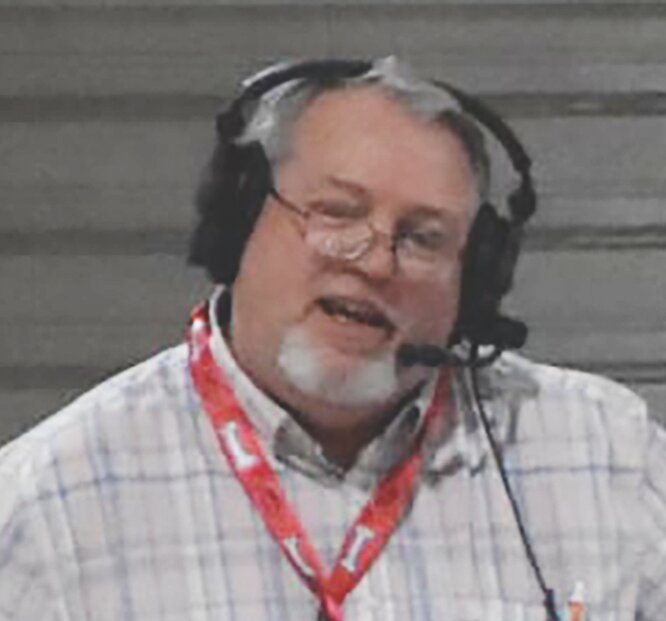
Robert L. Lyons, Jr.
Editor, The Mountain Echo, Yellville, Arkansas
Education: Associate of Arts, General Studies, Arkansas State University; Associate of Arts, Broadcasting, American Broadcasting School
Number of years in news media: 10
What advice do you have for other professionals aspiring to become an editor extraordinaire?
Learn everyday. Mike Tyson learns a new word, meaning(s) and pronunciation(s) every day. This practice seems small, but words are powerful. History is very important to know and recall. If there is smoke, there is fire. When you hit a wall, go around, over or knock it down. The investigation will lead you to the conclusion. All you have to do is pursue the answer. Ask questions, ask questions and ask more questions.
It is not as important to be first as it is to get an accurate account of the story you are covering. I have seen reporters lose perspective trying to be first and it caught up with them. Some lost their jobs, while others were reassigned. Be correct above all else.
I think of a Bugs Bunny cartoon in which the Hare and Tortoise are racing. A steady mentality wins the race in media.
And remember, NO ONE IS PERFECT. We all make mistakes. If you learn from your mistakes, you will be a better reporter and editor.
What is in your editorial toolbox?
Dictionary, Thesaurus, Associated Press Handbook, and a notebook of ideas people have expressed a desire to read about. I feel this varies from location to location.

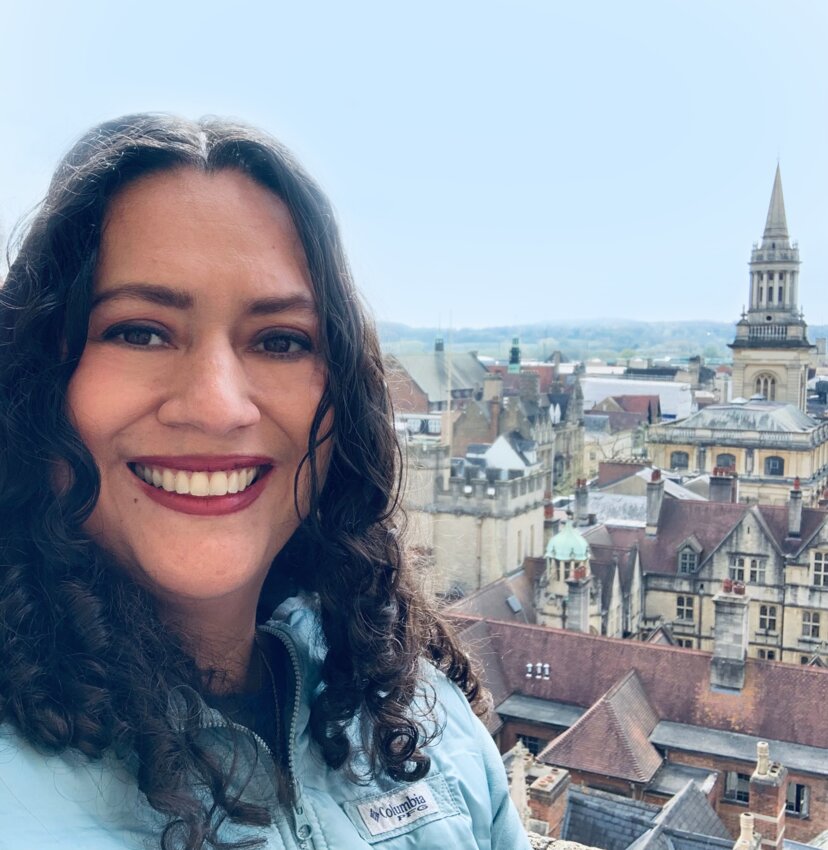
Karla Monterrosa-Yancey
Editor-in-Chief, ACAMS, Miami
Education: Bachelor of Arts, International Relations, Master’s in Business Administration, Brigham Young University
Number of years in news media: 18
What advice do you have for other professionals aspiring to become an editor extraordinaire?
Mentors have helped me succeed in my career. They have offered insight, advice and support when needed. I cannot stress enough the importance of mentorship and building a strong network of like-minded professionals, which will help propel you to the next level. I would encourage young professionals to join associations or groups focusing on areas of expertise they want to improve or learn more about. Second, it is important to constantly evolve. The publishing world has shifted and changed significantly since I started in the business. The ability to be agile and flexible and the desire to continue to advance to the next level is essential in this vibrant yet transformative industry. My last advice is to remember that as an editor, it is your job to see the big picture of what the story can become or should tell. Always remember to enhance the writer’s voice and make whatever you are editing more readable.
What has been your proudest moment as an editor?
At the core, being an editor is creating and enabling the publication of valuable content. At ACAMS Today, we have become our industry’s go-to space for content. Three moments stand out in my career. The first is the privilege I had of interviewing the El Dorado Task Force (EDTF) in New York City. The EDTF is an elite group of 30 different government agencies fighting crime housed under Homeland Security Investigations (HSI). I saw firsthand as they interrogated criminals and watched their day-to-day duties. Second, when we published an article bringing awareness to the heinous crime of human trafficking, we received a direct request from the Vatican that the Pope would like a copy of the article. We promptly translated the article into Spanish and sent it over to the Vatican, and they retweeted our article. Third, I spent time interviewing a superstar investigative reporter named Lydia Cacho. Ms. Cacho has dedicated her career to bringing awareness to human trafficking and bringing criminals to justice and, in so doing, has put her own safety at risk. She is a true hero.

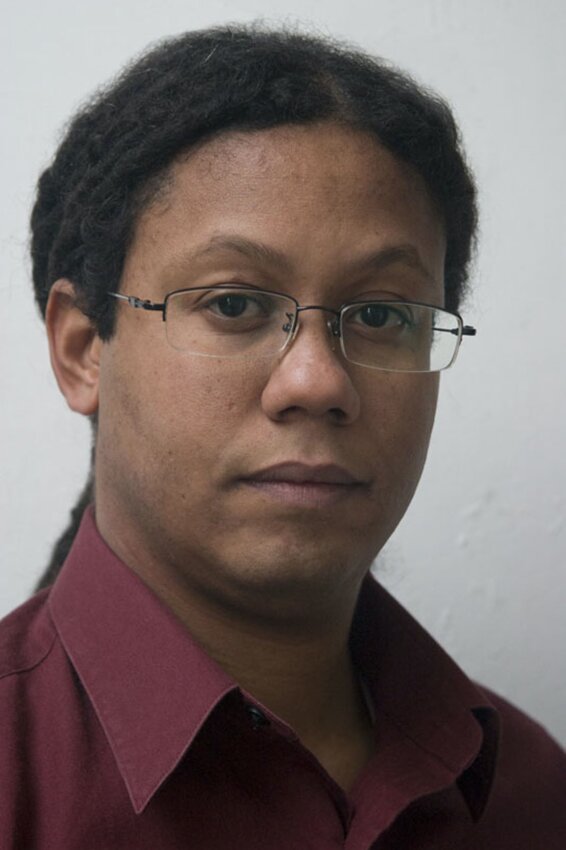
Damaso Reyes
Executive and Investigative Editor, New York Amsterdam News and BlackLight, New York
Education: NYU Tisch School of the Arts
Number of years in news media: 28
What advice do you have for other professionals aspiring to become an editor extraordinaire?
Be the editor you always wanted but never had! It’s very important to edit and manage people as they want to be managed, not as you want to manage. Center your actions around ways you can support and nurture those you work with. Be as transparent and honest as you can. Reporters sometimes think of editors as being all knowing; it’s okay to be human and vulnerable and not know all the answers.
Why should investigative journalism be important to local news publications?
Holding people and institutions accountable is one of the most important roles that local journalists can play, and investigative reporting is part of that. In an increasingly busy and competitive information ecosystem, we need to make a forceful argument for why our audience should spend their time and money with us. Investigative journalism helps us make that argument by giving our audience exclusive and impactful information that is important to their lives.


D. Patrick Rodgers
Editor-in-Chief, Nashville Scene, Nashville, Tennessee
Education: Bachelor of Arts, Journalism, Lipscomb University; also graduate of the semester-long Los Angeles Film Studies Center program.
Number of years in news media: 16
What advice do you have for other professionals aspiring to become an editor extraordinaire?
Be tenacious. Never stop pitching — even if you get a no or no response 15 times in a row, keep on pitching. Never stop writing. Even if you can’t get published, keep an active blog, website or journal, and write something daily. And never stop reading — read the publications that you dream of being published in and learn their voice. Reach out to the writers you admire and ask for their advice.
What do you look for when hiring a journalist for your team?
Someone whose pitches are unique, concise and interesting. Someone who has a strong voice that always comes out in their work. Someone full of ideas and excited about executing them. Someone who knows how to conduct interviews and cultivate sources. Someone who can take edits gracefully and doesn’t take “no” personally.

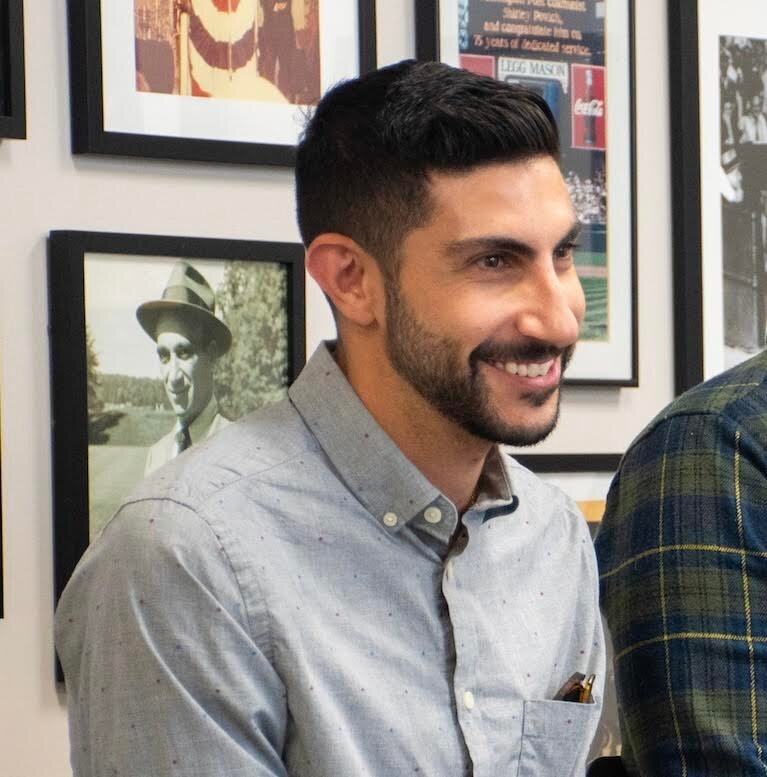
Mark Selig
Multiplatform Editor, The Washington Post, Washington, D.C.
Education: Bachelor of Journalism, University of Maryland; Masters of Journalism, University of Missouri
Number of years in news media: 15
What advice do you have for other professionals aspiring to become an editor extraordinaire?
If something sounds a little off to you, it likely will to other readers, too. Be confident in your ear and make changes for the story's benefit. Be straightforward with the reporters you edit — and don’t forget to compliment them on what’s working with their writing!
How do you keep your cool during difficult times or when dealing with stressful people or situations?
In Richard Williams’s words, “If you fail to plan, you plan to fail.” Meeting tight deadlines is much easier when you’ve mapped your path to the endpoint. When dealing with colleagues, never make situations personal, and don’t carry an ego.

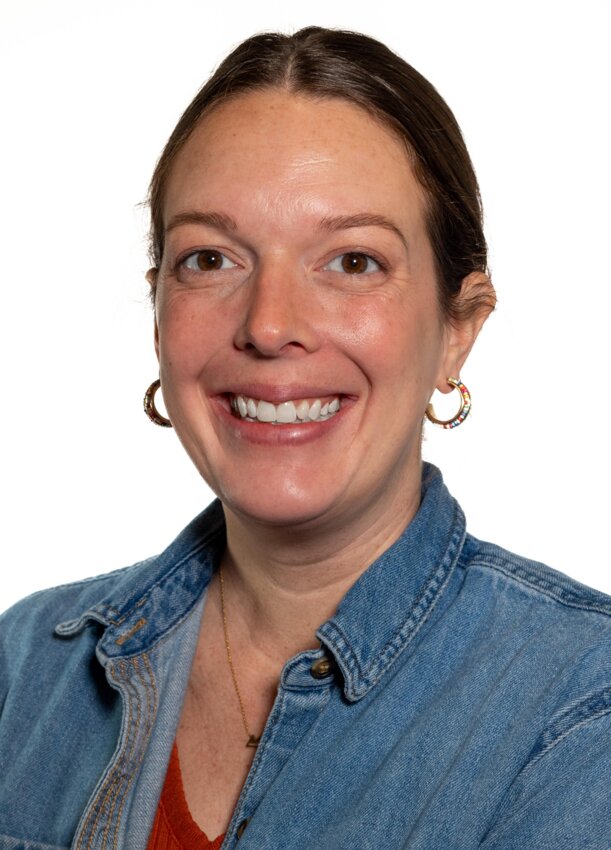
Claire Williams
Director of Content, Denton Record-Chronicle, Denton, Texas
Education: Bachelor of Arts, Journalism, Northern Kentucky University; Master of Journalism, University of North Texas
Number of years in news media: Five years (Prior to news, I was in brand strategy and ad/PR media.)
What advice do you have for other professionals aspiring to become an editor extraordinaire?
Believe the supporters who believe in you. To fight that ever-present imposter syndrome, especially as young professionals in leadership or management roles, be open to encouragement and feedback from mentors and experts helping you along the way. That comes with trusting and believing in yourself, too. If you have the passion and vision, even the setbacks, challenges and little failures along the way can be positives that keep you going.
What do you see as the most important trend in editorial content today?
Anything that’s not a printed publication — our focus is on email newsletters, but there are many other opportunities to get your audience the news they want. Explore what those are for your readers. Because if we know one thing right now, it’s that the print industry isn’t on the upswing, so accepting that and trudging ahead with our core values as newsmakers (minus the cynicism) still top of mind should be the trend we're all hopping on.
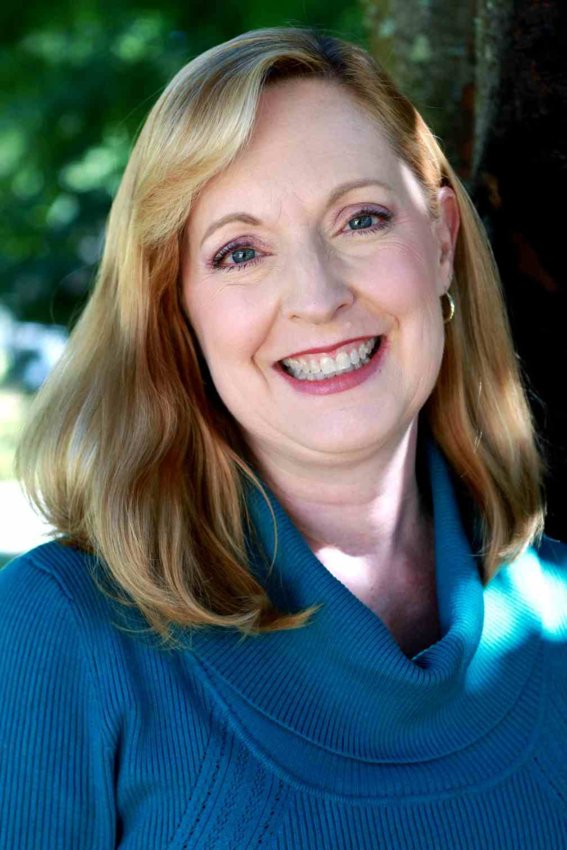
Robin Blinder is E&P's editor-in-chief. She has been with E&P for four years. She can be reached at robin@editorandpublisher.com.
Comments
No comments on this item Please log in to comment by clicking here